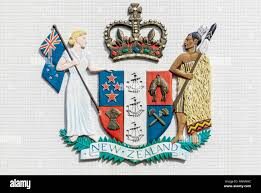One of NZ’s highest-profile miscarriages of justice will continue to go without a Royal Commission, despite concerns about institutional problems with the justice system
 by Sam Sachdeva 30/10/2024
by Sam Sachdeva 30/10/2024

The Government has dismissed calls for a Royal Commission of Inquiry into the wrongful conviction and imprisonment of Alan Hall, saying such a move would be “unnecessary and inappropriate”.
Hall’s supporters have expressed disappointment at the news, arguing there are still gaps in his case – and in the wrongful convictions of others in New Zealand’s criminal justice system – that a Royal Commission could address.
Hall was sentenced to life imprisonment in 1985 for the murder of Arthur Easton. After 19 years in prison and a decades-long fight to clear his name, he had his conviction quashed by the Supreme Court which found there had been a substantial miscarriage of justice.
The court said the Crown had failed to fully disclose all evidence to the defence, and the evidence from Hall’s interrogation should have been excluded because of its length and lack of proper procedure. In August, two former police staff and a former Crown prosecutor were charged in relation to Hall’s wrongful conviction.
Last year, the Labour government announced Hall would receive $4.9 million in compensation for his wrongful conviction and imprisonment, and Police Commissioner Andrew Coster met Hall in early October this year to apologise for shortcomings in the original police investigation.
After Hall’s exoneration, some of his supporters have called for a Royal Commission of Inquiry to determine how he was wrongfully imprisoned and why it took so long for his innocence to be established.
In a formal response to a petition from Social Justice Aotearoa calling for a Royal Commission, the Government said it was “unnecessary and inappropriate” for such an inquiry to be established at this time.
The key facts in Hall’s case were already in the public domain via the Supreme Court’s ruling and the reports on his successful compensation claim, and four investigations had already been carried out by Crown Law, NZ Police and the Independent Police Conduct Authority.
“The objective of holding people to account for their part in the wrongful conviction of Alan Hall is attained by the investigations already undertaken and potentially by the laying of criminal charges against three individuals allegedly involved in the investigation and prosecution of Mr Hall.”
It would be inappropriate for a Royal Commission to be established while criminal proceedings were before the court, the Government said.
Social Justice Aotearoa chief executive Jackie Foster told Newsroom the Government’s decision made clear it was “not prepared to seek the truth for the public of New Zealand”.
Although there had been arrests made in relation to Hall’s wrongful conviction, Foster said there were still unanswered questions about how the miscarriage of justice had been allowed to take place.
Since Hall’s case, several other people had been wrongly convicted and imprisoned because of similar problems within the police and justice system.
“For the sake of justice in this country, and openness and transparency, Social Justice Aotearoa will not rest until the Government sees fit to do the appropriate thing – not only for Alan Hall but for the whole of Aotearoa,” Foster said.
‘Alan’s case in many ways has faced more scrutiny than any other wrongful convictions since Arthur Allan Thomas, and that’s a good thing – whether that’s sufficient remains to be seen‘Private investigator Tim McKinnel
Investigative journalist Mike Wesley-Smith, whose reporting on Hall’s case uncovered evidence of police and prosecution malpractice, told Newsroom he still held reservations about some of the inquiries that had taken place to date, and believed a Royal Commission would still hold value.
It was a mistake to look at Hall’s exoneration and compensation in the present day and view it as a success, when it had taken decades for him and his support team to reach this point.
Wesley-Smith believed there needed to be an independent agency that oversaw the work of Crown prosecutors, noting the existence of similar watchdogs for the intelligence agencies and police.
“They are as important, and in some cases a more important part of the justice system.”
Private investigator Tim McKinnel, who spent several years helping to overturn Hall’s wrongful conviction, told Newsroom there were sufficient grounds to justify a wide-ranging inquiry, with a risk that gaps existed in the investigations that had taken place to date.
“Alan’s case in many ways has faced more scrutiny than any other wrongful convictions since Arthur Allan Thomas, and that’s a good thing – whether that’s sufficient remains to be seen.”
McKinnel said there were a growing number of wrongful convictions being identified, and a Royal Commission could allow for a systematic review of the cases and the Crown’s “problematic” responses to them.
As one example, he cited the Teina Pora case, where the Crown had argued he was guilty “right through to the very end, when I would argue it was one of the plainest wrongful conviction cases”.
“Which institutions failed him and why, and why wouldn’t it happen again?”
A spokesman for Justice Minister Paul Goldsmith declined to comment when contacted by Newsroom.
Police have reopened their investigation into the murder of Arthur Easton, with a $100,000 reward for information that leads to the conviction of the person responsible. Anyone with information can contact 0800 47683 1985.

